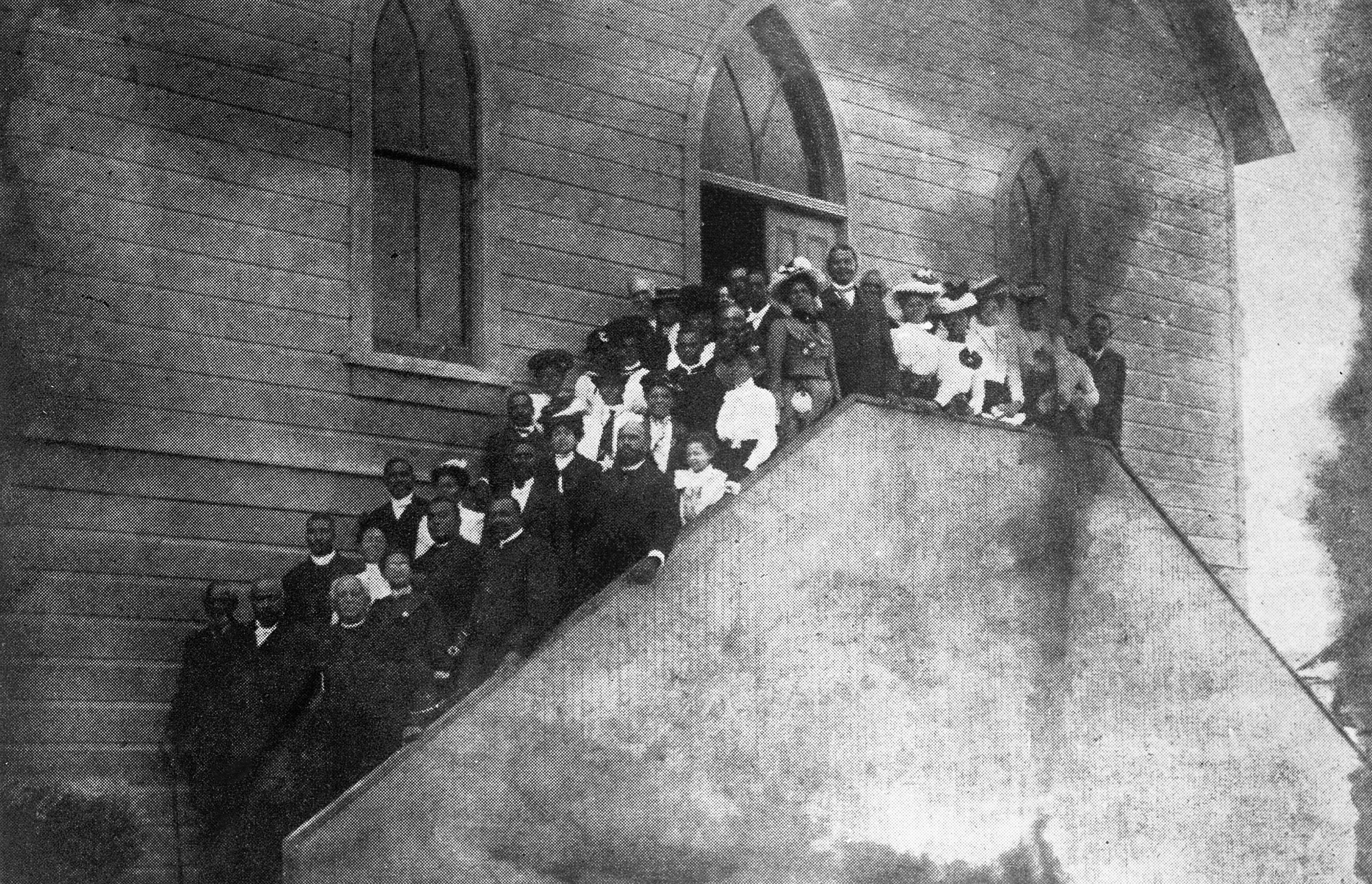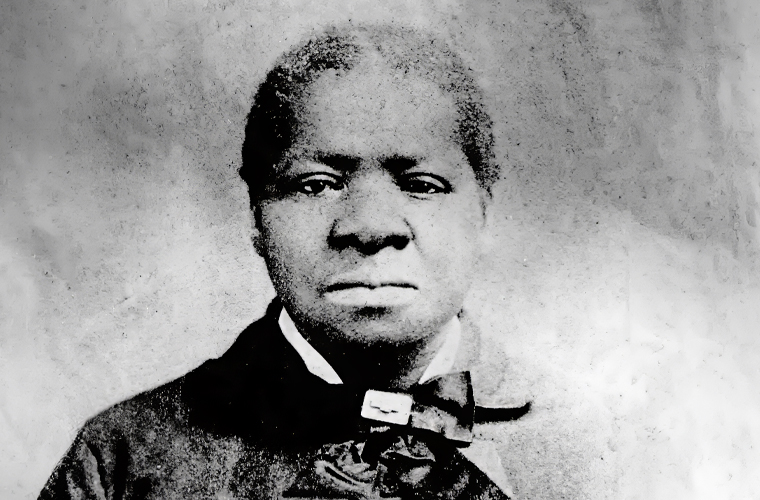Bridget “Biddy” Mason, an African-American woman, is a testament to the resilience, courage, and generosity that can flourish in the face of adversity. Her remarkable journey from slavery to becoming a successful landowner, philanthropist, and founder of the First African Methodist Episcopal Church in Los Angeles, California, is an inspiring example of strength and determination.
Biddy Mason was born into slavery in Hancock County, Georgia, in 1818. She was owned by a slaveholder named Robert Smith, who later moved to Mississippi, taking Biddy and her family with him. Despite the harsh conditions of slavery, Biddy managed to develop skills in herbal medicine and midwifery, which would later become instrumental in her success. In 1848, Smith, along with other slaveholders, decided to move to the free state of California. California was a free state as a result of the Compromise of 1850, which prohibited slavery in the newly acquired territories of Mexico. Biddy, along with the other enslaved individuals, was brought to California by Smith. However, as California was a free state, Biddy’s status as a slave came into question.
Taking advantage of California’s status as a free state, Biddy sought legal counsel and successfully petitioned for her freedom. In 1856, she was granted her freedom, along with her three daughters. This pivotal moment marked the beginning of Biddy’s journey toward independence and success. After gaining her freedom, Biddy worked as a nurse and midwife, using her skills to provide care to the growing population of Los Angeles. Through her hard work and dedication, she was able to save enough money to purchase property in downtown Los Angeles. This investment would prove to be the foundation of her future success.

Over the years, Biddy’s real estate investments flourished, and she became one of the first African-American women to own land in Los Angeles. Her success as a landowner allowed her to become a prominent figure in the community and a generous philanthropist. She used her wealth to support various charitable causes, including assisting the poor and founding a school for African-American children.
In addition to her philanthropic endeavors, Biddy was also a devout Christian. In 1872, she co-founded the First African Methodist Episcopal Church in Los Angeles, which became a cornerstone of the African-American community in the city. The church provided spiritual guidance and support to many individuals, further solidifying Biddy’s impact on the community. Biddy Mason’s legacy extends far beyond her lifetime. Her resilience and determination continue to inspire people today. Her journey from slavery to success serves as a powerful example of overcoming adversity and achieving greatness. Biddy’s story is a reminder of the strength and resilience that can be found within individuals, even in the face of seemingly insurmountable challenges.
In recognition of her remarkable achievements and contributions to the community, a monument honoring Biddy Mason was unveiled in downtown Los Angeles in 1989. The monument stands as a tribute to her enduring legacy and serves as a reminder of the indomitable spirit that propelled her from slavery to success. Bridget “Biddy” Mason’s life story is a testament to the power of perseverance, compassion, and faith. Her journey from slavery to becoming a successful landowner, philanthropist, and community leader is a source of inspiration for generations to come. Biddy’s unwavering spirit and commitment to helping others have left an indelible mark on the history of Los Angeles and continue to inspire individuals around the world.

